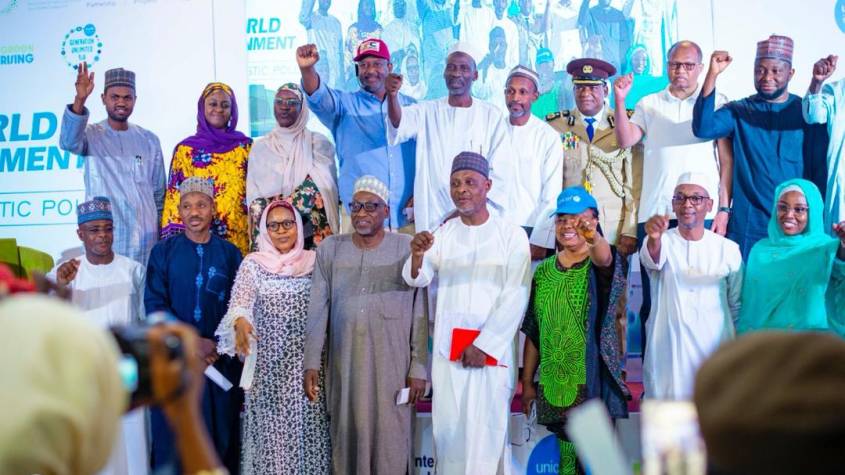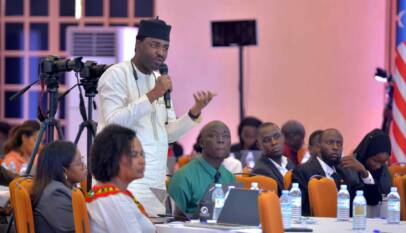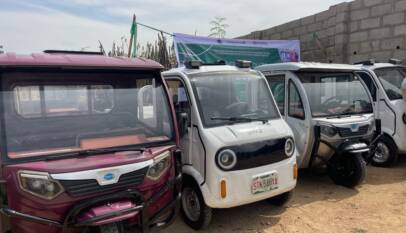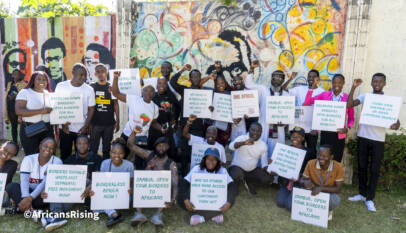Kano’s World Environment Day 2025 Commemoration Seeks End to Plastic Pollution
Kano’s World Environment Day 2025 celebration united environmental stakeholders and youth to confront plastic pollution through bold strategies, grassroots initiatives, and sustainable alternatives—offering renewed hope for a cleaner, greener future in the state.
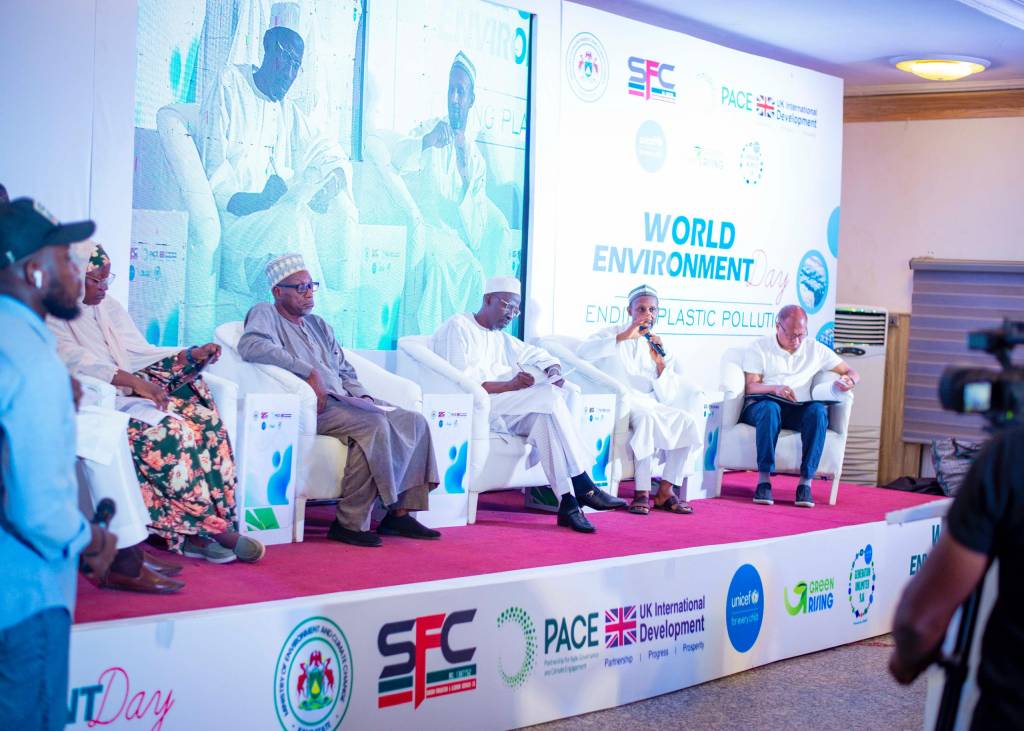
On June 5, 2025, Kano State joined the global community in commemorating World Environment Day under the theme “Ending Plastic Pollution.” The event, organized by the Kano State Ministry of Environment and Climate Change in collaboration with the UK FCDO Partnership for Agile Governance and Climate Engagements (PACE), the United Nations Children’s Fund (UNICEF), and SFC Training Academy, underscored the urgent need to tackle the growing plastic pollution crisis in the state.
The event convened key stakeholders—including environmental experts, conservationists, waste management professionals, and youth advocates for environmental sustainability— who exchanged ideas and explore lasting solutions to plastic pollution. During a panel discussion titled “Strategies for Reducing Plastic Pollution,” panelists examined the far-reaching impacts of plastic waste on ecosystems and human health, highlighting how children are disproportionately affected by environmental degradation.
The panel also explored policy measures to address plastic pollution, emphasizing the importance of establishing robust waste management systems and enforcing bans on single-use plastics. Experts shared innovative approaches such as advancing circular economy models and supporting community-led recycling initiatives. They stressed that achieving lasting, systemic change—and building a healthier, more sustainable future—depends on collective action and widespread adoption of eco-friendly practices.
Communities as Anti-Plastic Campaigners
In his paper titled “Community-Led Initiatives for Reducing Plastic Waste and Sustainable Alternatives to Single-Use Plastics,” Prof. Abdulaziz Raji, Dean of the Faculty of Earth and Environmental Sciences at Bayero University, Kano, emphasized the power of grassroots efforts—such as neighbourhood clean-up campaigns—in empowering communities to take ownership of environmental protection and effectively combat plastic pollution.
Prof. Raji emphasized the vital role of community-led initiatives in reducing plastic waste, highlighting the power of collective action at the grassroots level to drive eco-friendly solutions for a cleaner, greener future. “Community-led initiatives are the first steps in tackling plastic pollution and ensuring a sustainable future. Through local engagement, these efforts can spark systemic change and promote environmentally friendly alternatives.”
The university don highlights the importance of adopting biodegradable bags and reusable containers to replace single-use plastics, ensuring the transition to a cleaner and sustainable future.
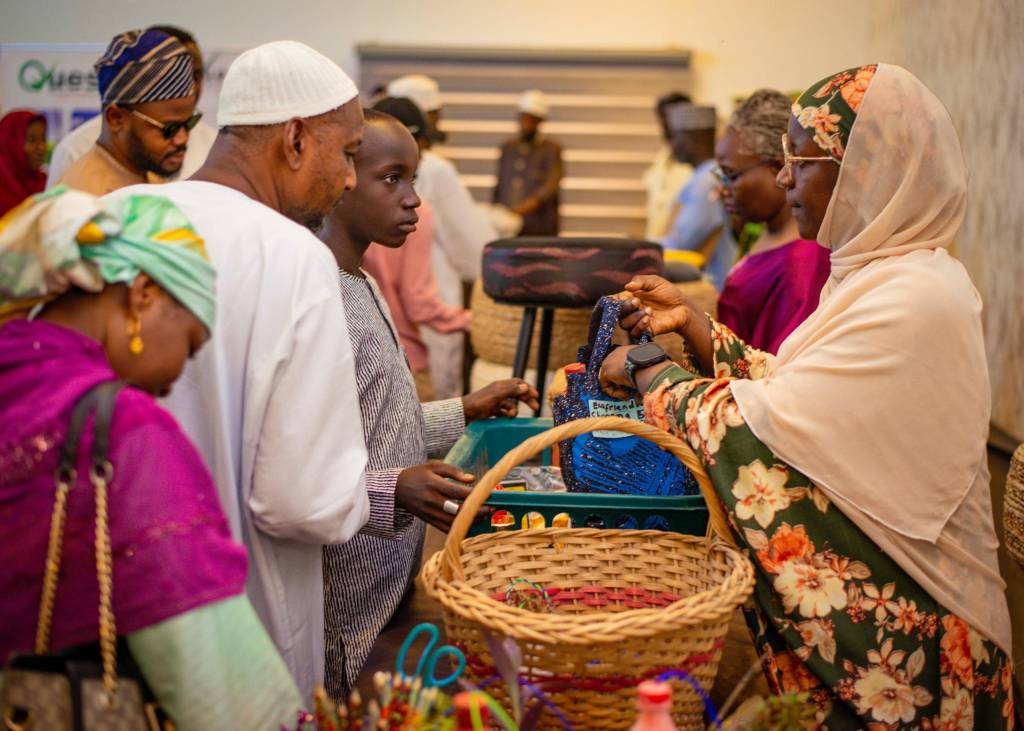
Ending Plastic Pollution in Kano
In his keynote remarks, Dr. Sani Usaini, Founder of SFC Training Academy, described plastic pollution as a major global environmental threat endangering ecosystems, wildlife, and human health. He emphasized that most plastics are non-biodegradable and, when channeled into waterways, infiltrate even the smallest spaces, contributing to flooding and erosion.
“To effectively combat plastic pollution, we must empower individuals and communities with practical skills to transform household plastic waste into valuable, reusable products. This approach not only reduces environmental harm but also creates sustainable economic opportunities for residents of Kano. The theme [for World Environment Day 2025] seeks to raise awareness of plastic waste’s devastating impacts and inspire policymaking that delivers lasting solutions,” Dr. Usaini noted.
In his remarks, Rahama Farah, Head of UNICEF’s Kano Field Office, noted that over 400 million tonnes of plastic are produced globally each year, half of which are designed to be used only once, with a significant portion of the plastics ending up in rivers and oceans, highlighting the alarming scale of the crisis and advocating for collective action to end plastic pollution and promote greener alternatives. “Plastic pollution threatens children’s health through chemical exposure and environmental harm,” he emphasised.
Umar Saleh Anka, Director of Climate Changeat theMinistry of Environment and Climate Change, expressed the effort of his ministry in safeguarding the city by planning to establish a dedicated refuse management hub that would serve as a centre for waste disposal and recycling processes to ensure safe handling of refuse in the state. Creating this hub would attract investors who are interested in waste-to-resource opportunities.
“Just as the Commissioner, Dr Dahiru Muhammad Hashim, said, our ministry is planning to create a waste management village where refuse evacuated from within the state would be dumped to keep our city clean, generate revenue, and create job opportunities for youth,” Anka remarked.
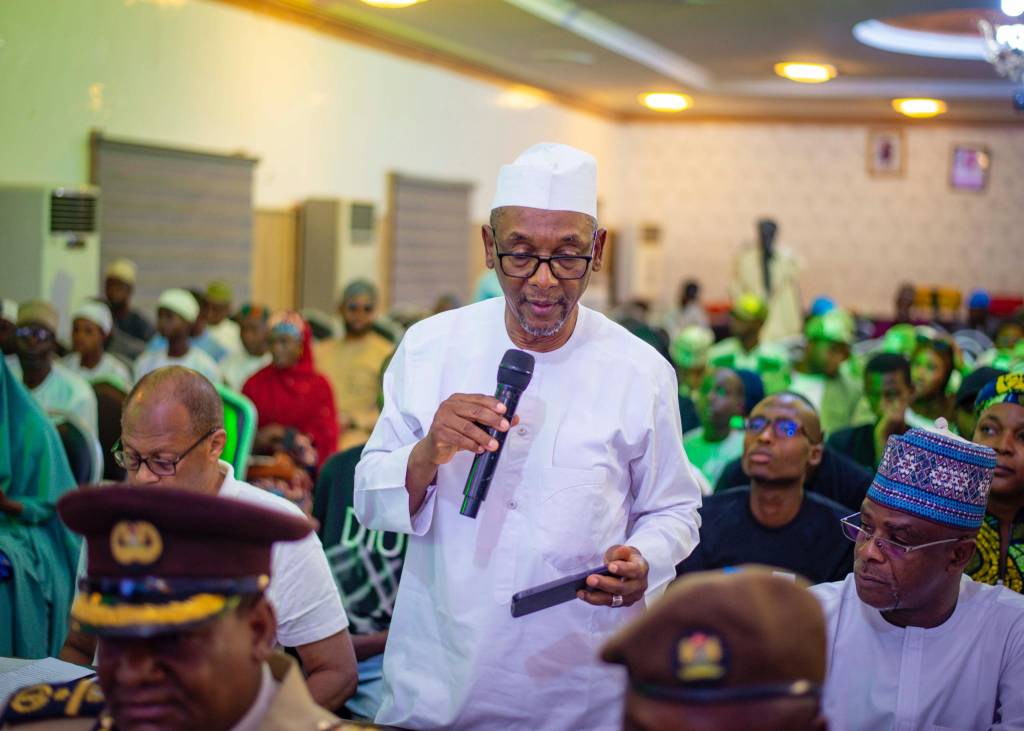
Why Youth Voices Matter
A thought-provoking debate by secondary school students showcased compelling arguments on how Kano State can address plastic pollution. The students highlighted the dangers of single-use plastics and proposed practical solutions. Fatima Ibrahim, representing Girls Government Arabic Secondary School, Gama, passionately advocated for incentivizing businesses to adopt biodegradable alternatives. Another student called for the enforcement of strict regulations on plastic production, underscoring the urgency of bold policy action.
The students’ innovative ideas captivated the audience and earned them praise and prizes from stakeholders for their dedication to environmental advocacy. Their debate aligned closely with UNICEF’s Green Rising initiative, launched in spring 2023, which aims to mobilize 10 million young people worldwide for climate action by 2025—including the planting of 100,000 trees and the recycling of 30,000 kilograms of plastic waste.
Kano’s World Environment Day 2025 commemoration also featured an exhibition showcasing recycled plastic waste transformed into valuable products. The event reflected the Kano State government’s commitment to raising environmental awareness, promoting sustainable practices, and fostering community engagement in environmental conservation.

